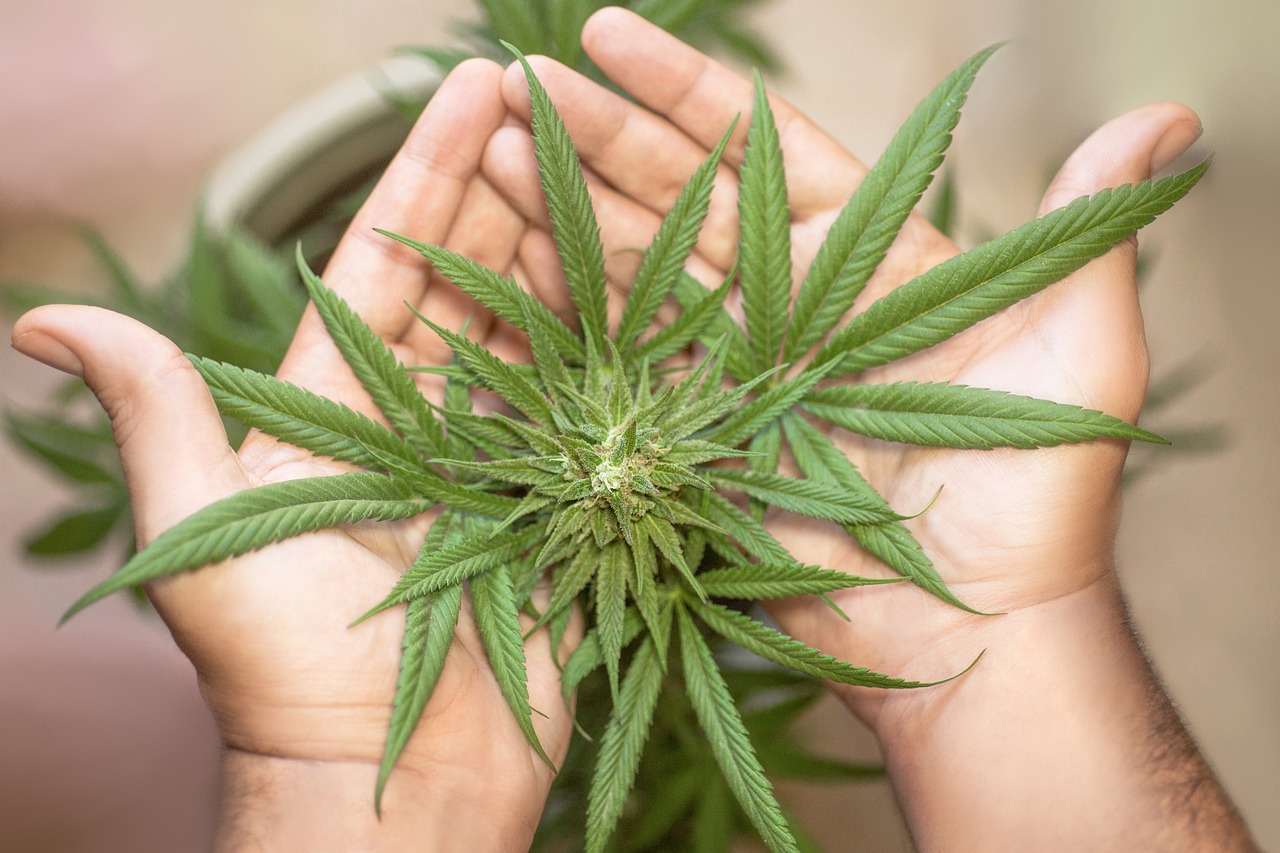The world of cannabis is vast and varied, offering a multitude of experiences and benefits. Among the many components of cannabis, THCA (tetrahydrocannabinolic acid) stands out for its unique properties. Unlike its more famous counterpart, THC (tetrahydrocannabinol), THCA does not produce psychoactive effects. This article explores the characteristics, benefits, and uses of THCa flower for mental wellness, providing a comprehensive understanding of this intriguing aspect of cannabis.
Understanding THCA
THCA is a cannabinoid found in raw and live cannabis plants. It is the acidic precursor to THC, meaning that it converts to THC when exposed to heat through a process called decarboxylation. This transformation is what typically leads to the psychoactive effects associated with cannabis consumption. However, when consumed in its raw form, THCA remains non-psychoactive.
The Chemistry Behind THCA
THCA is formed in the trichomes of the cannabis plant. These tiny, hair-like structures are responsible for producing cannabinoids and terpenes. The conversion of THCA to THC occurs when the plant material is heated, such as during smoking or cooking. Without this heat, THCA remains stable and does not produce the “high” commonly associated with cannabis.
Benefits of THCA
Research into THCA is still in its early stages, but preliminary findings suggest a range of potential health benefits. These benefits are primarily attributed to its anti-inflammatory, neuroprotective, and anti-emetic properties.
- Anti-inflammatory Effects: THCA has shown promise in reducing inflammation, which could be beneficial for conditions such as arthritis and lupus.
- Neuroprotective Properties: Studies suggest that THCA may help protect brain cells, potentially offering therapeutic benefits for neurodegenerative diseases like Alzheimer’s and Parkinson’s.
- Anti-emetic Benefits: THCA may help reduce nausea and vomiting, making it a potential option for patients undergoing chemotherapy or those with chronic gastrointestinal issues.
THCA Flower in Practice
THCA flower can be consumed in various ways to harness its benefits without experiencing psychoactive effects. Some popular methods include juicing, tinctures, and topical applications.
Juicing Raw Cannabis
Juicing raw cannabis leaves and flowers is a popular method for consuming THCA. This approach allows individuals to ingest the cannabinoid in its natural form, preserving its non-psychoactive properties. Juicing is often combined with other fruits and vegetables to create a nutrient-rich beverage.
Tinctures and Topicals
THCA tinctures are another effective way to consume this cannabinoid. These liquid extracts can be taken sublingually or added to food and drinks. Topical applications, such as creams and balms, allow for localized treatment of inflammation and pain without systemic effects.
Case Studies and Research
Several studies have explored the potential benefits of THCA, though more research is needed to fully understand its effects. A study published in the “British Journal of Pharmacology” highlighted THCA’s anti-inflammatory properties, while another study in “Phytomedicine” discussed its neuroprotective potential.
Case studies have also provided anecdotal evidence of THCA’s benefits. For instance, some patients with chronic pain have reported relief after using THCA-rich products, while others have noted improvements in mood and energy levels.
Legal Considerations
The legal status of THCA varies by region, as it is often classified alongside THC. In areas where cannabis is legal, THCA products are generally available for purchase. However, consumers should be aware of local regulations and ensure they are compliant with the law.
Conclusion
THCA flower offers a unique cannabis experience, providing potential health benefits without the psychoactive effects of THC. As research continues to uncover the properties of this cannabinoid, its popularity is likely to grow among those seeking alternative therapeutic options. Whether through juicing, tinctures, or topicals, THCA presents a promising avenue for individuals interested in the non-psychoactive aspects of cannabis.
